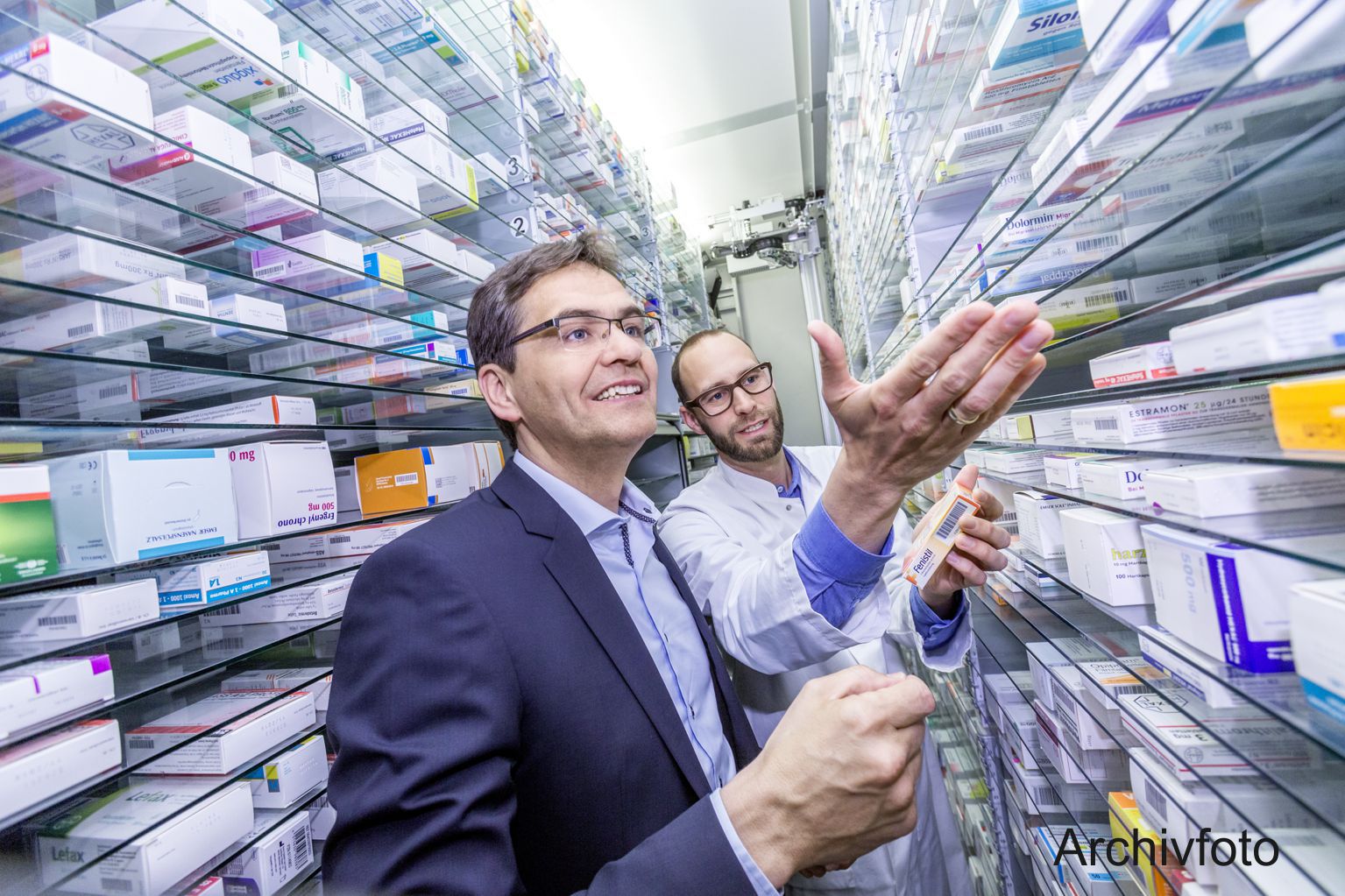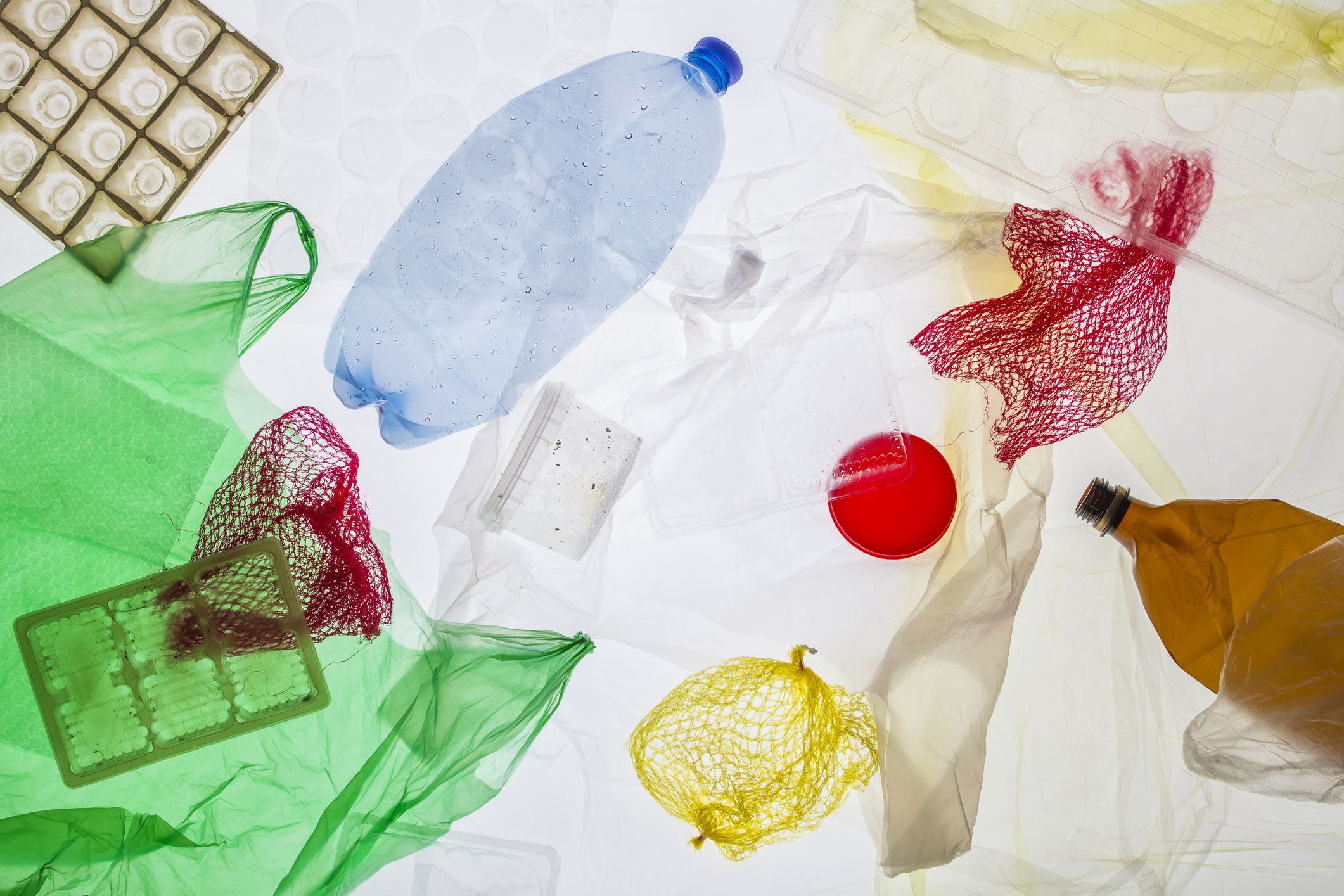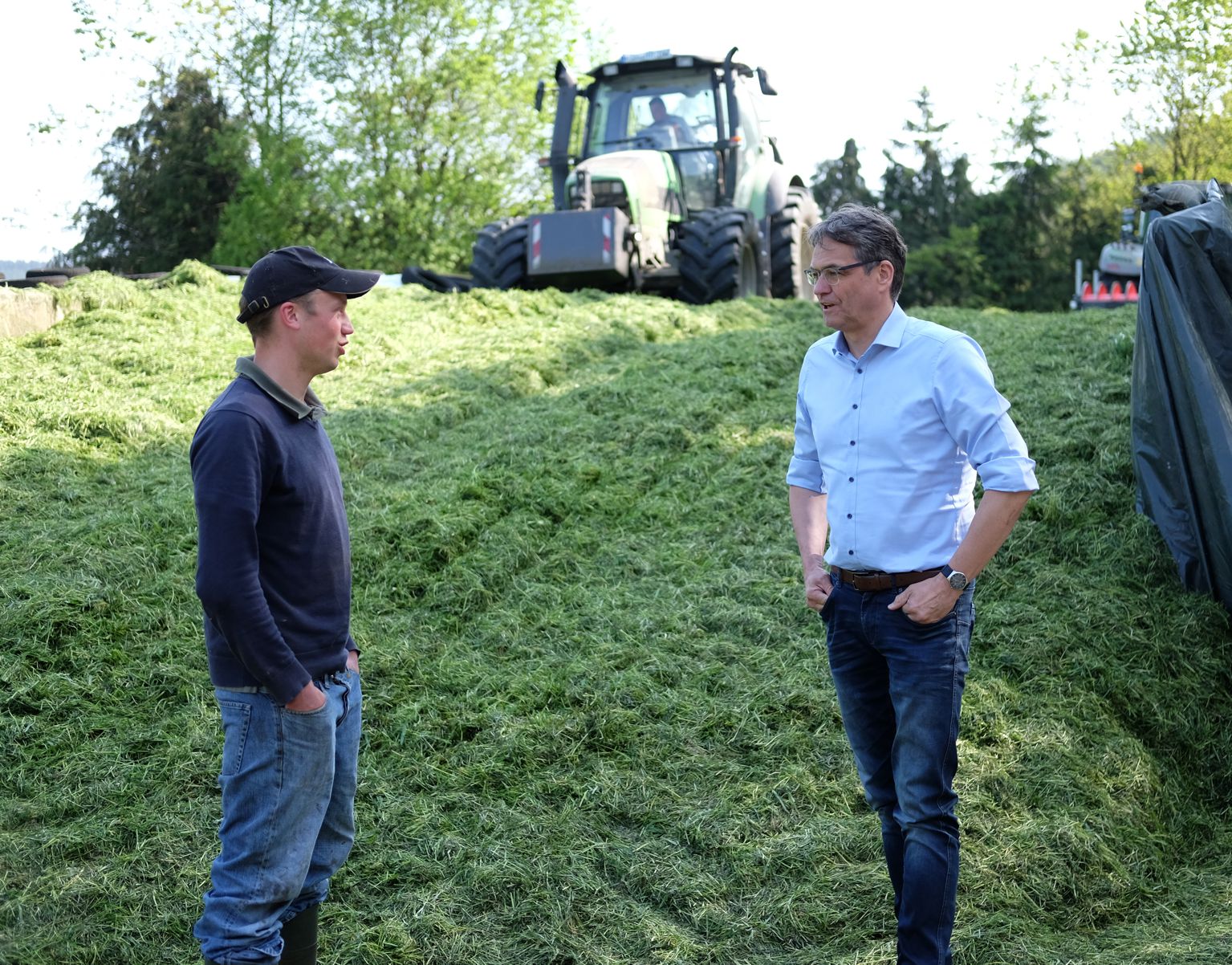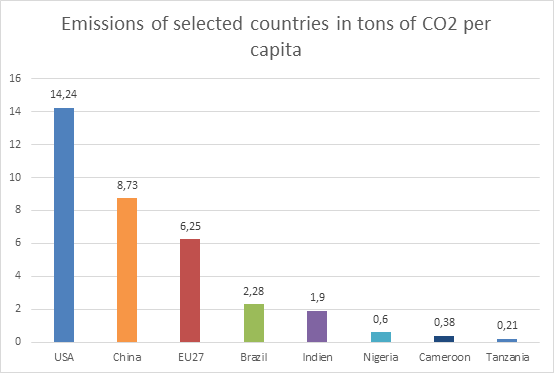
Battle against Drug Shortages - Commission Presents Communication
- Details
Long-term changes to tender conditions are the most crucial point / Short-term measures also proposed
Peter Liese: The time is ripe for unified European efforts
On Tuesday, the European Commission introduced a comprehensive paper addressing the drug shortage issue. The paper outlines both short-term and medium- to long-term measures. In detail, the European Commission proposes, among other things:
Read more: Battle against Drug Shortages - Commission Presents Communication
New rules for packaging: Environment Committee adopts position
- Details
The EPP Group wants to slash packaging waste produced in Europe. "We want Europe to produce less packaging waste. However, the alternative solutions must be viable," says Massimiliano Salini MEP, the EPP Group's Chief Negotiator of the new rules aimed at reducing waste in the European Union, following the vote in the Parliament's Environment Committee earlier today.
The EPP Group wants companies to be more innovative and consumers to be better rewarded when it comes to reducing waste. "New rules for packaging and packaging waste in Europe are needed and wanted, also by the industry. The circular economy can only work if we get a real internal market", says Peter Liese MEP, the EPP Group's Spokesman on environmental issues.
Read more: New rules for packaging: Environment Committee adopts position
Reduction of plant protection products right, but ban wrong
- Details
On Tuesday, the Environment Committee voted on a reduction of plant protection products and a complete ban of plant protection products in sensitive areas in the European Union. Peter Liese, spokesman on environment policy in the biggest group of the European Parliament (EPP, Christian Democrats) stated:
"The goal of reducing the use of plant protection products is right, but bans are wrong. That's why we reject a general ban on pesticides in so-called sensitive areas as well as a ban on glyphosate. Particularly in the current phase, when food prices are the driver of inflation, we must be careful not to drive costs up even further through political measures. The proposal for a total ban on pesticides is even opposed by conservationists in my region. Here, the Green rapporteur Sarah Wiener and those who support her compromise are overshooting the mark."
A new Polish government could help us stabilising European climate policy in difficult times
- Details
Peter Liese: The EU can increase its climate target to 57%; existing legislation already leads us there / Crucial question at COP is China's responsibility / Priority for economic growth and climate protection, other concerns to be postponed
“A new Polish government could help us stabilising European climate policy in difficult times," stated Dr. Peter Liese, the environmental policy spokesperson of the largest group in the European Parliament (EPP Christian Democrats). In the parliamentary elections in Poland on Sunday, the Civic Coalition together with its allies had managed to break the majority of PiS according to polls after the election. “PiS has been a major brake on European climate policy in recent years. Many decisions were only possible after difficult discussions. The Civic Coalition and its allies, e.g. the electoral alliance 'The Third Way,' will ensure a completely different course here. They advocate an ambitious climate policy in Poland and in the European Union. One part of the electoral alliance is even called 'Polska 2050', because they want Poland to finally commit to climate neutrality in 2050. The conditions for European climate policy will certainly not be easy in the next few years, because people realize that it is not enough to adopt ambitious targets, but that the measures will bring actual changes. I am convinced that we can and must nevertheless meet the targets. Tailwind instead of headwind from Poland will help us to achieve these," said Liese.




